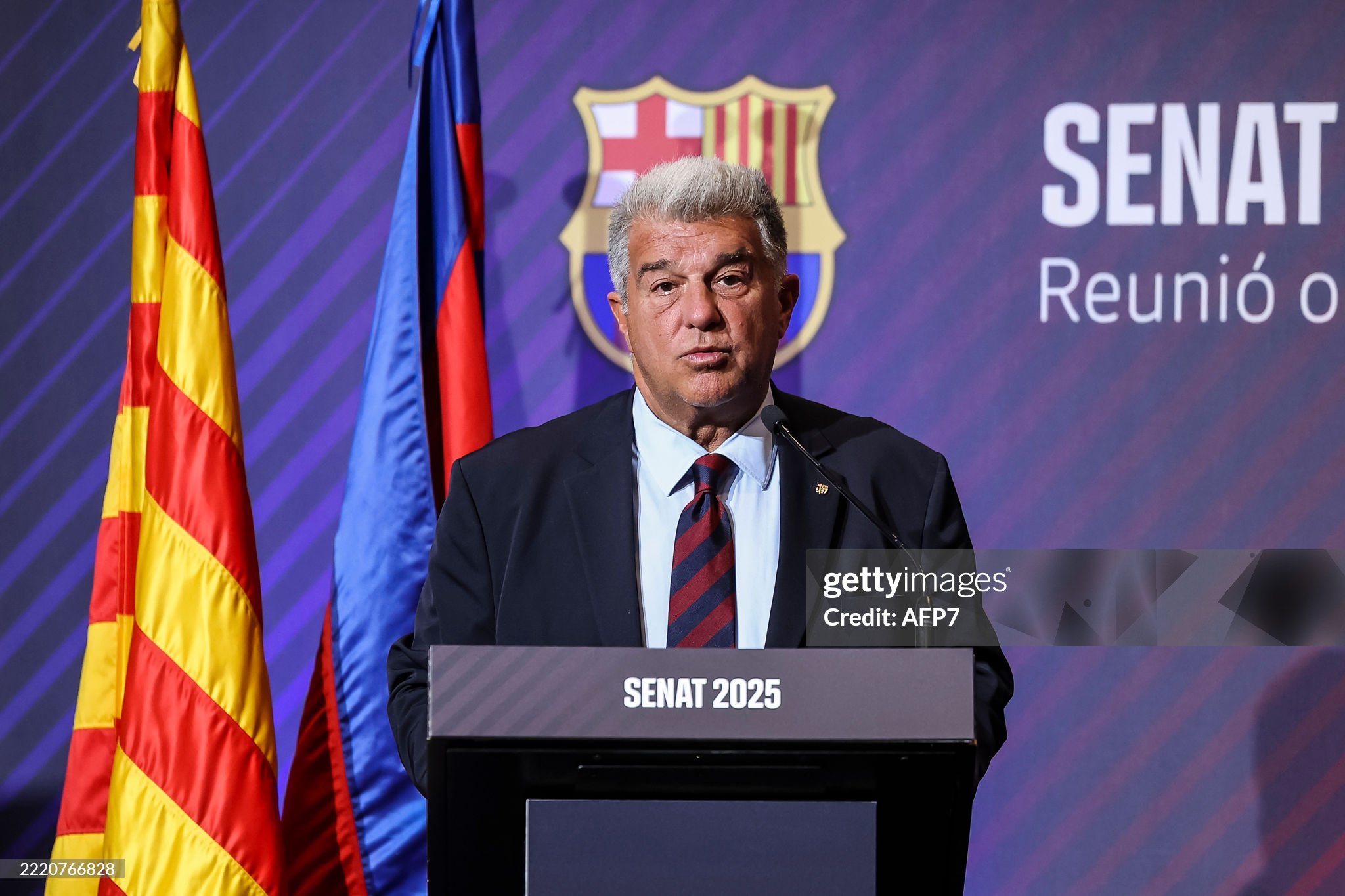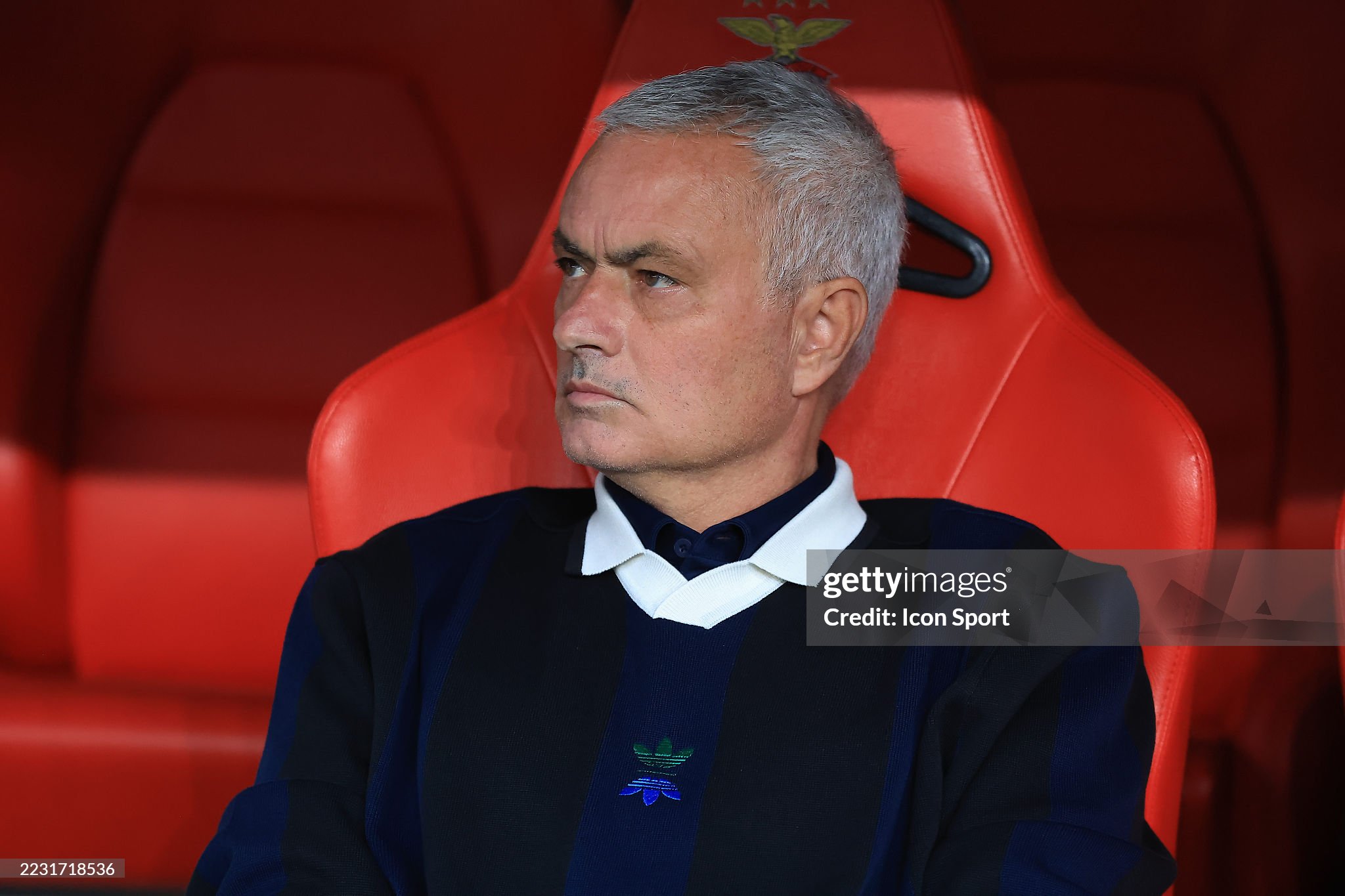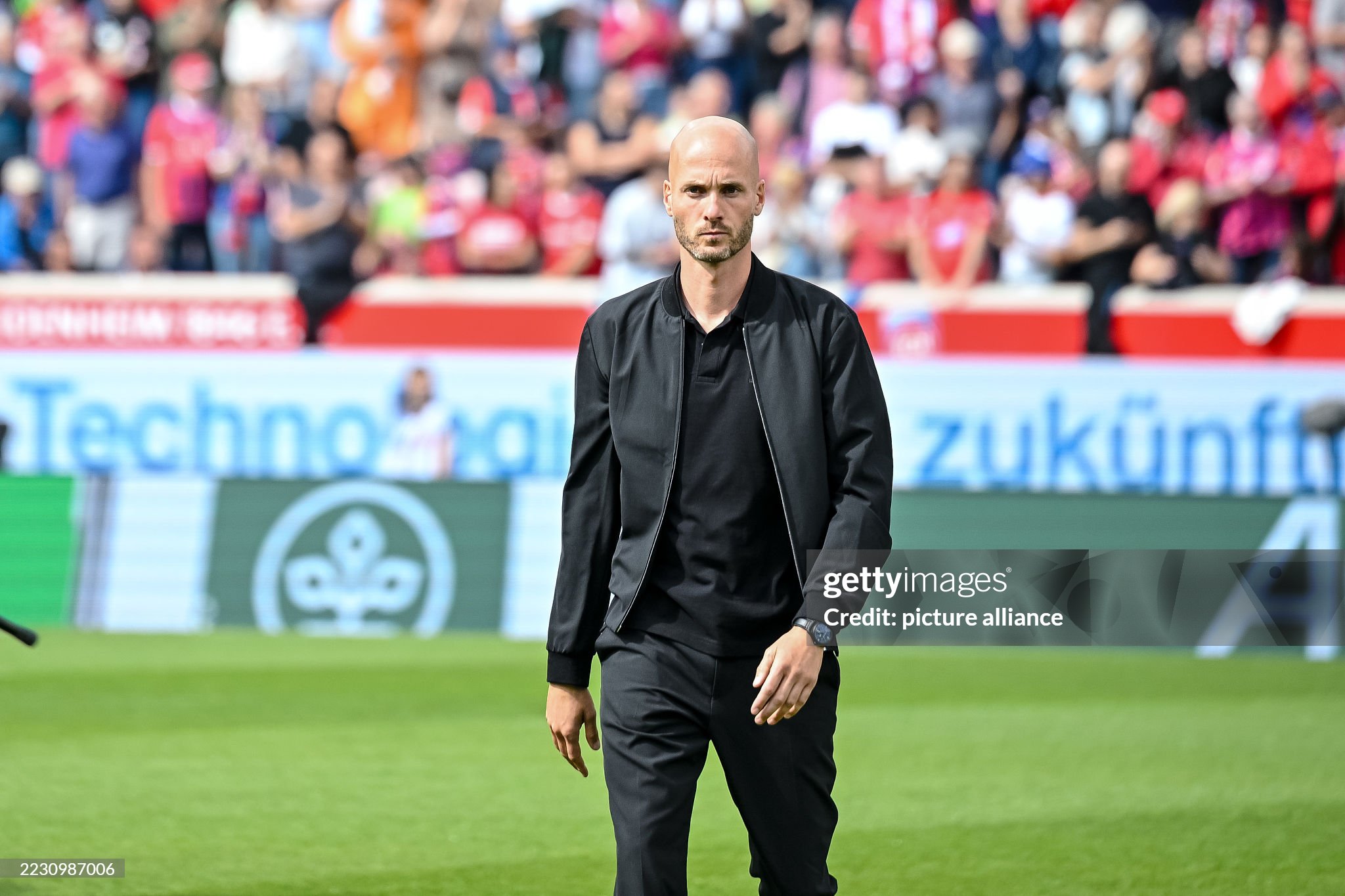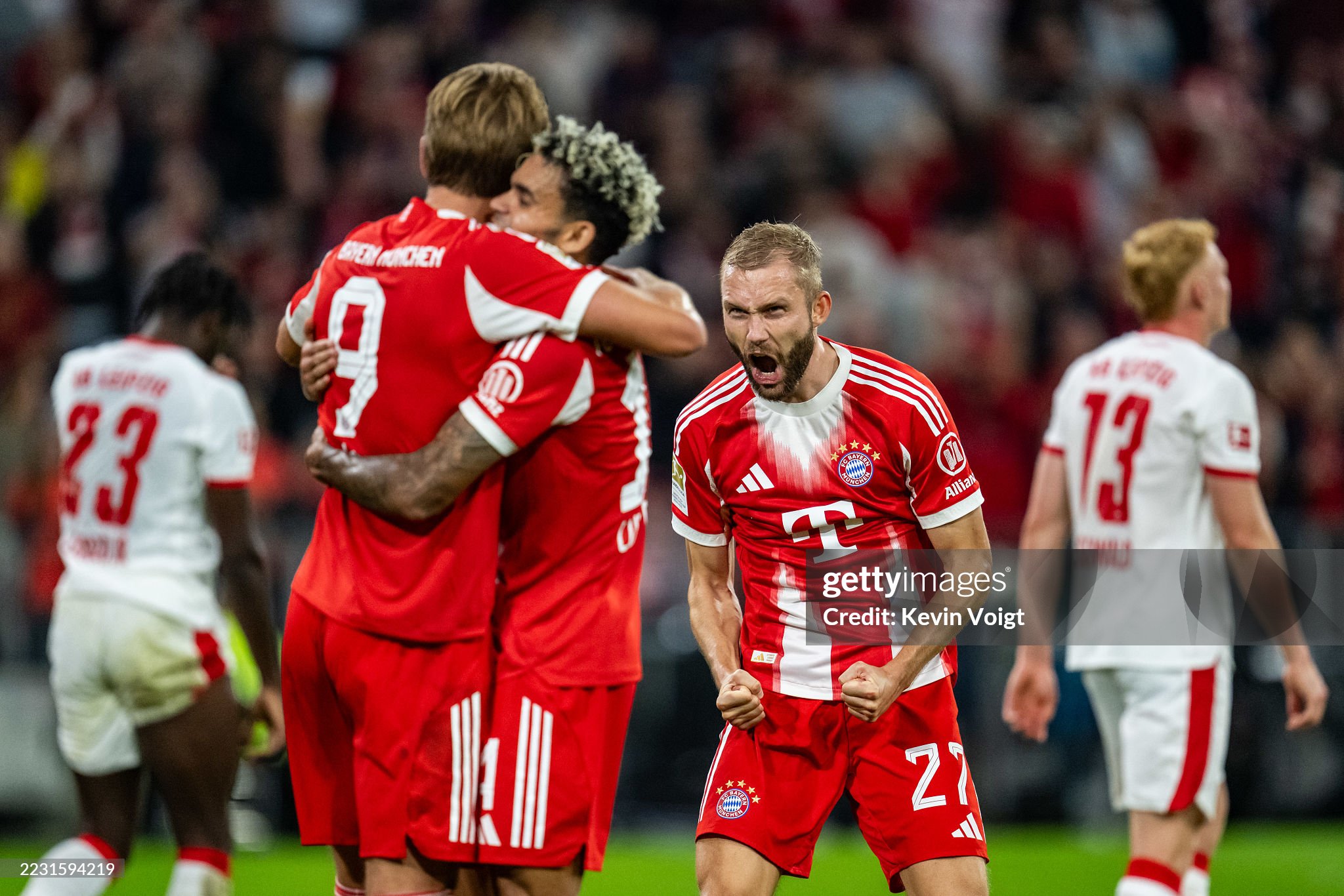Barcelona is seizing every opportunity to comply with La Liga's financial regulations. According to Spanish media, the Catalans have signed a sponsorship deal with a tourism company from DR Congo, which will bring in eleven million euros per year for four years.
 Embed from Getty Images
Embed from Getty Images
As has been the case for several years now, FC Barcelona continues to grapple with strict financial regulations imposed by La Liga, regulations that have shaped much of the club’s recent strategic and sporting decisions.
The financial fair play rules set by La Liga, particularly the well-known 1:1 rule, oblige clubs to maintain a strict balance: for every euro spent on transfers or wages, an equivalent amount must be generated through income, whether from player sales, commercial revenue, or other streams. This regulation has placed enormous pressure on Barcelona, a club whose financial troubles have been well-documented since the height of their economic crisis in the aftermath of the COVID-19 pandemic.
This summer, the urgency for Barcelona to generate new revenue streams is greater than ever, as the club not only seeks to comply with these financial mandates but also aims to remain competitive at the highest levels of European football. In an effort to alleviate their economic constraints, Barcelona has turned to the commercial sector, specifically through sponsorship deals that can provide much-needed cash injections. One such deal, now being reported by Mundo Deportivo, involves a partnership with a tourism company from the Democratic Republic of Congo (DRC), a surprising and unconventional move in the club's strategy to monetize its global appeal.
According to the reports, the sponsorship agreement will see Barcelona pocket 44 million euros over a period of four years, with the club receiving 11 million euros annually. In exchange, Barcelona's training gear will feature the slogan 'DRC, the heart of Africa' emblazoned on the back, a promotional message aimed at boosting the international profile of the Congo as a tourist destination. This partnership not only represents a financial lifeline for the club but also underscores Barcelona’s willingness to explore diverse and less traditional markets in search of commercial opportunities.
For Joan Laporta and his board, this deal is a calculated step toward stabilizing the club’s finances, but even with this influx of capital, the task remains daunting. Financial experts and insiders familiar with the club's situation have already warned that such sponsorship agreements, while helpful, are merely part of a broader puzzle that still demands player sales and wage reductions to fully comply with La Liga’s financial controls.
In this context, the future of several key players at Barcelona remains uncertain. Both Andreas Christensen and Marc-André ter Stegen are reportedly among the names being considered for transfer. Christensen, a dependable figure in defense since his arrival from Chelsea, could command a significant fee on the transfer market, while Ter Stegen, one of the best goalkeepers in the world and a long-standing pillar of the team, is similarly viewed as a valuable asset that could generate crucial income if sold.
The potential departure of such important players would undoubtedly impact Barcelona’s sporting ambitions, especially as the club seeks to challenge for domestic and European honors. However, the board seems aware that difficult sacrifices may be necessary if they are to restore long-term financial health to the institution. Beyond player sales, there are also ongoing discussions about reducing the wage bill further, restructuring debt, and maximizing other commercial avenues, including stadium naming rights and new digital ventures.
Meanwhile, the sponsorship deal with the DRC is drawing attention not only for its financial value but also for its geopolitical and cultural dimensions. The Democratic Republic of Congo is eager to rebrand itself as a viable and attractive tourist destination, shedding its image associated with conflict and political instability. Aligning with a global sports brand like FC Barcelona offers the country unprecedented visibility on the international stage, particularly among the millions of fans who follow the club worldwide.
For Barcelona, the deal symbolizes more than just money it represents a step toward globalization and diversification of its brand partnerships. While traditional sponsorships from European or American corporations remain important, the club is clearly signaling a readiness to engage with emerging markets and regions that see football as a vehicle for global promotion and economic engagement.
In summary, while the 44 million euros from this deal provide an important cushion, the road ahead for Barcelona remains challenging. The Catalan giants must continue to balance financial prudence with sporting excellence, a delicate act that will require strategic player trading, effective cost management, and continued exploration of global commercial partnerships. Whether these efforts will be enough to return the club to a sustainable financial trajectory remains to be seen, but one thing is clear: Barcelona’s management is leaving no stone unturned in their quest to secure the club’s future, both on and off the pitch.









